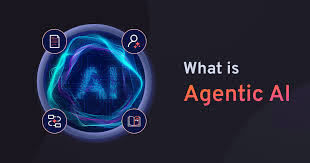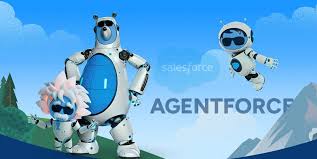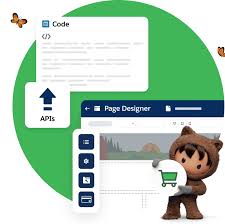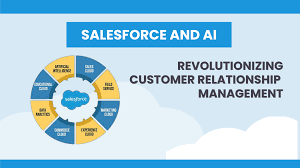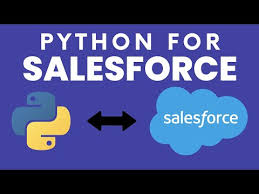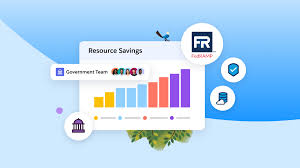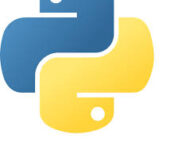AI FOMO
Enterprise interest in artificial intelligence has surged in the past two years, with boardroom discussions centered on how to capitalize on AI advancements before competitors do. Generative AI has been a particular focus for executives since the launch of ChatGPT in November 2022, followed by other major product releases like Amazon’s Bedrock, Google’s Gemini, Meta’s Llama, and a host of SaaS tools incorporating the technology. However, the initial rush driven by fear of missing out (FOMO) is beginning to fade. Business and tech leaders are now shifting their attention from experimentation to more practical concerns: How can AI generate revenue? This question will grow in importance as pilot AI projects move into production, raising expectations for financial returns. Using AI to Increase Revenue AI’s potential to drive revenue will be a critical factor in determining how quickly organizations adopt the technology and how willing they are to invest further. Here are 10 ways businesses can harness AI to boost revenue: 1. Boost Sales AI-powered virtual assistants and chatbots can help increase sales. For example, Ikea’s generative AI tool assists customers in designing their living spaces while shopping for furniture. Similarly, jewelry insurance company BriteCo launched a GenAI chatbot that reduced chat abandonment rates, leading to more successful customer interactions and potentially higher sales. A TechTarget survey revealed that AI-powered customer-facing tools like chatbots are among the top investments for IT leaders. 2. Reduce Customer Churn AI helps businesses retain clients, reducing revenue loss and improving customer lifetime value. By analyzing historical data, AI can profile customer attributes and identify accounts at risk of leaving. AI can then assist in personalizing customer experiences, decreasing churn and fostering loyalty. 3. Enhance Recommendation Engines AI algorithms can analyze customer data to offer personalized product recommendations. This drives cross-selling and upselling opportunities, boosting revenue. For instance, Meta’s AI-powered recommendation engine has increased user engagement across its platforms, attracting more advertisers. 4. Accelerate Marketing Strategies While marketing doesn’t directly generate revenue, it fuels the sales pipeline. Generative AI can quickly produce personalized content, such as newsletters and ads, tailored to customer interests. Gartner predicts that by 2025, 30% of outbound marketing messages will be AI-generated, up from less than 2% in 2022. 5. Detect Fraud AI is instrumental in detecting fraudulent activities, helping businesses preserve revenue. Financial firms like Capital One use machine learning to detect anomalies and prevent credit card fraud, while e-commerce companies leverage AI to flag fraudulent orders. 6. Reinvent Business Processes AI can transform entire business processes, unlocking new revenue streams. For example, Accenture’s 2024 report highlighted an insurance company that expects a 10% revenue boost after retooling its underwriting workflow with AI. In healthcare, AI could streamline revenue cycle management, speeding up reimbursement processes. 7. Develop New Products and Services AI accelerates product development, particularly in industries like pharmaceuticals, where it assists in drug discovery. AI tools also speed up the delivery of digital products, as seen with companies like Ally Financial and ServiceNow, which have reduced software development times by 20% or more. 8. Provide Predictive Maintenance AI-driven predictive maintenance helps prevent costly equipment downtime in industries like manufacturing and fleet management. By identifying equipment on the brink of failure, AI allows companies to schedule repairs and avoid revenue loss from operational disruptions. 9. Improve Forecasting AI’s predictive capabilities enhance planning and forecasting. By analyzing historical and real-time data, AI can predict product demand and customer behavior, enabling businesses to optimize inventory levels and ensure product availability for ready-to-buy customers. 10. Optimize Pricing AI can dynamically adjust prices based on factors like demand shifts and competitor pricing. Reinforcement learning algorithms allow businesses to optimize pricing in real time, ensuring they maximize revenue even as market conditions change. Keeping ROI in Focus While AI offers numerous ways to generate new revenue streams, it also introduces costs in development, infrastructure, and operations—some of which may not be immediately apparent. For instance, research from McKinsey & Company shows that GenAI models account for only 15% of a project’s total cost, with additional expenses related to change management and data preparation often overlooked. To make the most of AI, organizations should prioritize use cases with a clear return on investment (ROI) and postpone those that don’t justify the expense. A focus on ROI ensures that AI deployments align with business goals and contribute to sustainable revenue growth. Like Related Posts Salesforce OEM AppExchange Expanding its reach beyond CRM, Salesforce.com has launched a new service called AppExchange OEM Edition, aimed at non-CRM service providers. Read more The Salesforce Story In Marc Benioff’s own words How did salesforce.com grow from a start up in a rented apartment into the world’s Read more Salesforce Jigsaw Salesforce.com, a prominent figure in cloud computing, has finalized a deal to acquire Jigsaw, a wiki-style business contact database, for Read more Health Cloud Brings Healthcare Transformation Following swiftly after last week’s successful launch of Financial Services Cloud, Salesforce has announced the second installment in its series Read more



